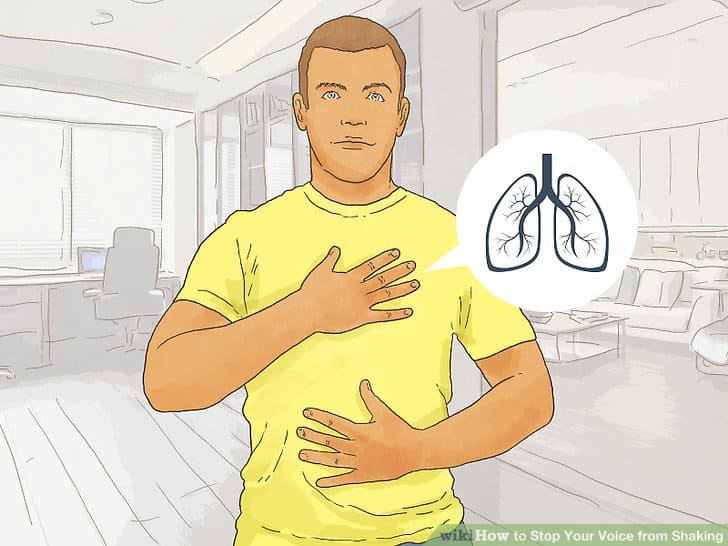by Flutura
(shorri)
QUESTION:
What should I do while my voice is shaking?
ANSWER:
When your voice is shaking during an audition or performance, it is due to stage fright. Your body and vocal cords tense up and your voice shakes.
The first thing you can do is accept it. The more you try to suppress your nerves or ignore them, the more tension you will create and the more your voice will shake. Once you accept that you are nervous and embrace what you are feeling, you can begin to redirect your energy and use it in your performance. If you think about it, it takes a tremendous amount of energy to experience stage fright. Why not think of all this energy as a gift, something you can use to better project your voice and inhabit your character? Next time, when you feel your voice starting to shake, just take a pause and let yourself fully experience your fear. Notice how much energy is rushing through your body and fully embrace it, then imagine all this energy belongs to the character and justify it with what is happening in the scene or monologue (for example, if the character is going through conflict, imagine all this energy is sprouting from his anger at the situation).
The second thing you can do to deal with stagefright is to be in the moment. When we audition or perform, we often feel all this tension because we anticipate what could go wrong. Our mind plays tricks with us, warning us of imaginary dangers and of bad things that could happen in the future (like people not liking our performance). The truth is that casting directors are not out there to criticize your acting. They want actors to be good so their job is done. Same for an audience at the theater. They don’t go to the theater expecting the performance to be bad. They want it to be good. So try to stop imagining what can go wrong and concentrate on the moment. If you need to, you can even substitute the audience for your best friend or whomever you feel completely at ease with.
Finally, don’t forget to breathe. When actors start to feel tense, often the first thing to go is breathing, which is very important for vocal production and to avoid experiencing uncontrollable stagefright. After all, a little nervousness is not a bad thing. It can give you that extra drive you need to take your monologue to the next level. Just remember to take deep breaths from time to time and try to relax your body.
Hope this helps!
